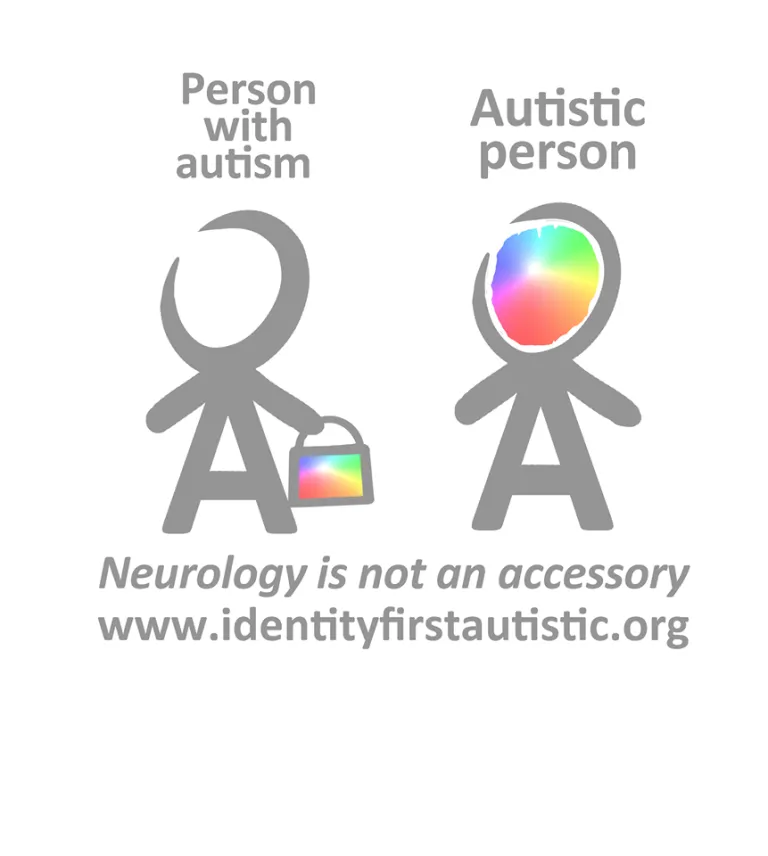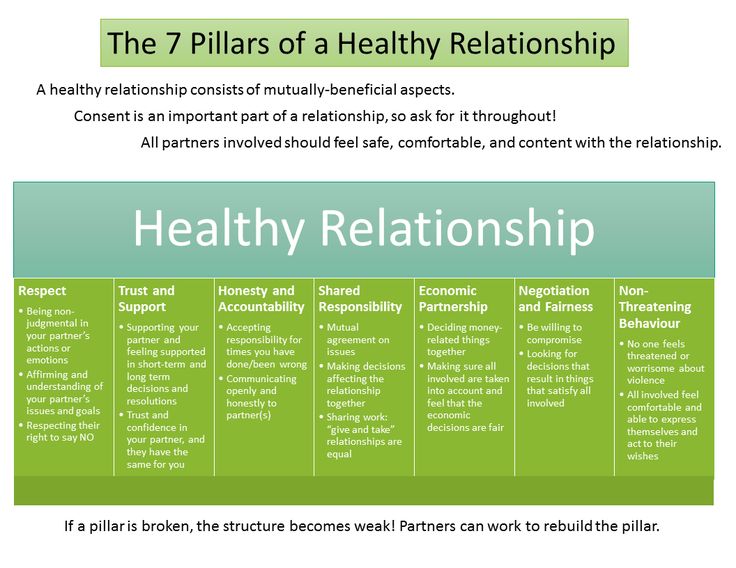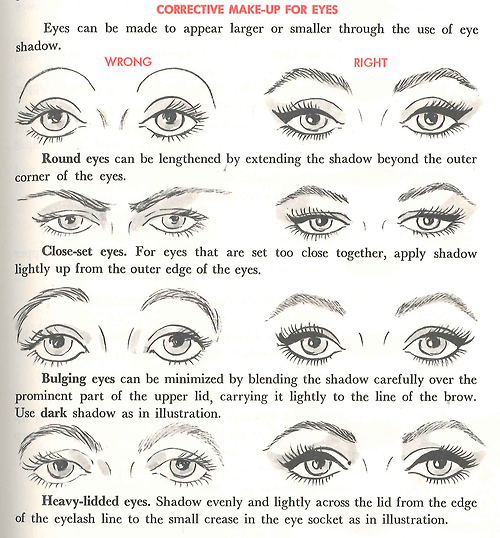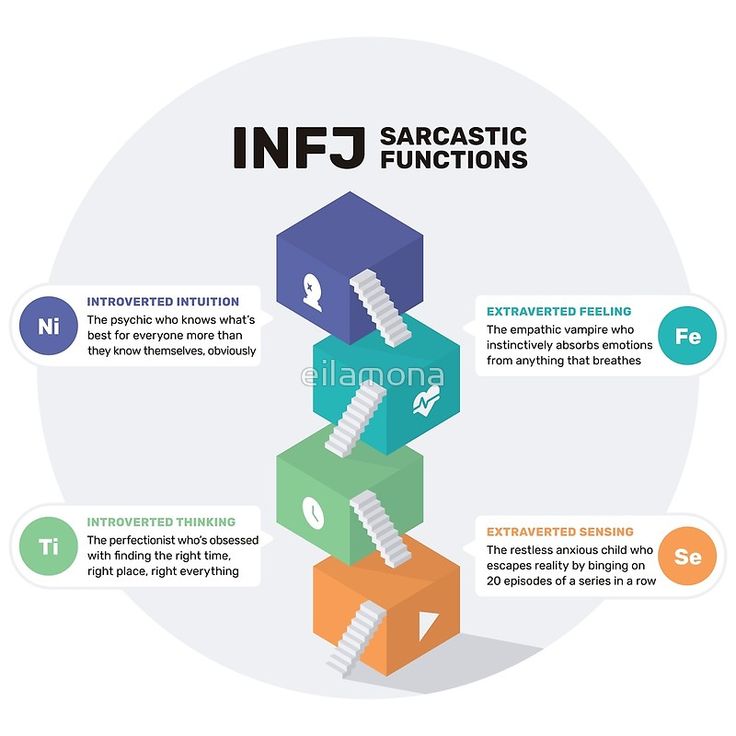Why are some mothers jealous of their daughters
Mothers Who Are Jealous of Their Daughters
When I was writing Will I Ever Be Good Enough?: Healing the Daughters of Narcissistic Mothers, I found that I heard certain kinds of painful stories again and again, like themes in a piece of music. One theme was that of mothers being jealous of their daughters. It arose so often that I included it in what I call the “Ten Stingers” of mother-daughter dynamics when the mother has a high level of narcissistic traits.
Normal, healthy mothers are proud of their children and want them to shine. But a narcissistic mother may perceive her daughter as a threat. If attention is drawn away from the mother, the child may suffer retaliation, put-downs, and punishments. The mother can be jealous of her daughter for many reasons—her looks, her youth, material possessions, accomplishments, education and even the girl’s relationship with the father. This jealousy is particularly difficult for the daughter as it carries a double message: “Do well so that Mother is proud, but don’t do too well or you will outshine her.
”
- Samantha has always been the petite one in the family. She says that most of her relatives are overweight, including her mother, who is obese. When Samantha was 22, her mother ripped her clothes out of her closet and threw them to the bedroom floor, exclaiming, “Who can wear a size 4 these days? Who do you think you are? You must be anorexic, and we’d better get you some help!”
- Felice, told me, “My mother always wanted me to be pretty but not too pretty. I had a cute little waist, but if I wore a belt that defined my waistline, she told me I looked like a slut.”
- Mary sadly reported, “Mom tells me I’m ugly, but then I am supposed to go out there and be drop-dead gorgeous! I was a homecoming queen candidate and Mom acted proud with her friends but punished me. There’s this crazy-making message: The real me is ugly, but I am supposed to fake it in the real world? I still don’t get it.”
While many people believe that to be envied would be a desirable, powerful experience, in reality being envied, particularly by one’s own mother, is unnerving and awful. The daughter’s sense of self is canceled by disdain and criticism. Her goodness is questioned or labeled, or made light of, which causes her to feel like “her reality as a person is obliterated” (Cinderella and Her Sisters: The Envied and The Envying). As the daughter analyzes what her mother appears jealous about, she comes to feel unworthy. It makes no sense to the daughter that her own mother would have these bad feelings about her. The daughter tries her best to make sense of the situation and decides that something must be wrong with her.
The daughter’s sense of self is canceled by disdain and criticism. Her goodness is questioned or labeled, or made light of, which causes her to feel like “her reality as a person is obliterated” (Cinderella and Her Sisters: The Envied and The Envying). As the daughter analyzes what her mother appears jealous about, she comes to feel unworthy. It makes no sense to the daughter that her own mother would have these bad feelings about her. The daughter tries her best to make sense of the situation and decides that something must be wrong with her.
I have found that daughters of narcissistic mothers typically find it hard to discuss envy from their own mothers, and find it even harder to come to terms with it. They usually do not see their own goodness enough to recognize maternal envy for what it is. Instead, they believe that they have done something wrong. If they have internalized this “not good enough” feeling, they don’t see themselves as someone anyone would envy. The situation is crazy-making for the daughter. It creates hurdles to healthy development and building of sense of self.
It creates hurdles to healthy development and building of sense of self.
Meanwhile, what’s going on with Mom? Envy allows the insecure mother to feel temporarily better about herself. When she envies and then criticizes and devalues the daughter, she diminishes the threat to her own fragile self-esteem. Envy is a powerful tool in a narcissist’s repertoire; you will see this in the mother’s interactions with other people as well. But when directed at the daughter, it creates a feeling of helplessness and painful self-doubt. Although there are many ways in which a mother’s jealousy creates hurdles for the daughter, let’s look at just a few:
Developmental Sabotage. While the young girl is growing up she uses her mother as her primary example of how to be a girl, woman, friend, lover, and person in the world. If this same mother is putting her down, and jealous of her accomplishments, the child not only becomes confused, but often gives up. Because it is the job of the parent to fill each developmental stage with nurturing, love, support and encouragement, the daughter finds an emptiness that she cannot explain. Most children want to please their parents, so if given this mixed message, it is easier and perhaps even safer to do nothing and therefore not expose oneself to criticism. The message from mom is: “If at first you don’t succeed, give up!”
Most children want to please their parents, so if given this mixed message, it is easier and perhaps even safer to do nothing and therefore not expose oneself to criticism. The message from mom is: “If at first you don’t succeed, give up!”
Distorted Relationship with Father. Of course, children need to have healthy relationships with both parents. If the mother is jealous of the relationship the daughter has with the father, what can the daughter do? She wants both parents to love her. Who does she please? How does she handle this delicate balance? More complicating is the question of what the father can do. Often men in relationships with female narcissists choose to cater to the mother so as to maintain the adult relationship. That leaves the father unable to connect with his daughter and of course this leaves the daughter with a lack of emotional connection with both parents.
Incest. The most extreme cases of mother-daughter jealousy appear in families where there is incest. If the father is the offender and the mother becomes jealous of the father-daughter relationship, then she too becomes an offender and cannot put the daughter first. Instead, she sees her daughter like “the other woman," going after her husband. In most incest cases we have worked with, when the father is the offender, this is not the case: The mother takes the side of the child, as she should, and leaves the offender. However, sometimes we see the dynamic of jealousy in the mother. This is heartbreaking. In those situations, the daughter is not only a victim of sexual abuse but also a victim of her mother’s envy and hatred.
If the father is the offender and the mother becomes jealous of the father-daughter relationship, then she too becomes an offender and cannot put the daughter first. Instead, she sees her daughter like “the other woman," going after her husband. In most incest cases we have worked with, when the father is the offender, this is not the case: The mother takes the side of the child, as she should, and leaves the offender. However, sometimes we see the dynamic of jealousy in the mother. This is heartbreaking. In those situations, the daughter is not only a victim of sexual abuse but also a victim of her mother’s envy and hatred.
The Pain of Being Unloved. In all cases of maternal jealousy towards the daughter, the daughter is left with little support for who she is as a whole person. She feels unloved and, as Mother Theresa aptly wrote, “the most terrible poverty is loneliness, and the feeling of being unloved.” Envy is an anger that destroys a developing woman. It is terrifying for a child at any age.
Reviewing the literature on this subject, many say that mother-daughter jealousy is often misinterpreted or not really that common. Some say it is even normal at some level. Mothers often reach menopause when their young daughters are developing into beautiful young women and some say that it may be normal for mothers to have some touchy feelings about aging. It’s important to understand that the poisonous, corrosive envy felt by narcissistic mothers is not normal. The bar is raised. It is destructive. The challenge for daughters of narcissistic mothers is to learn how to recognize and cope with abnormal maternal envy.
A common pattern in narcissistic families is constant comparisons to others. Envy rears its ugly head in other contexts as well; for example, “How does our family measure up to others, and do we look good enough to the outside world?” Children learn to do this and become adults who are always worried about comparisons.
If you were raised by narcissistic parents, learning how to cope is an essential part of your recovery.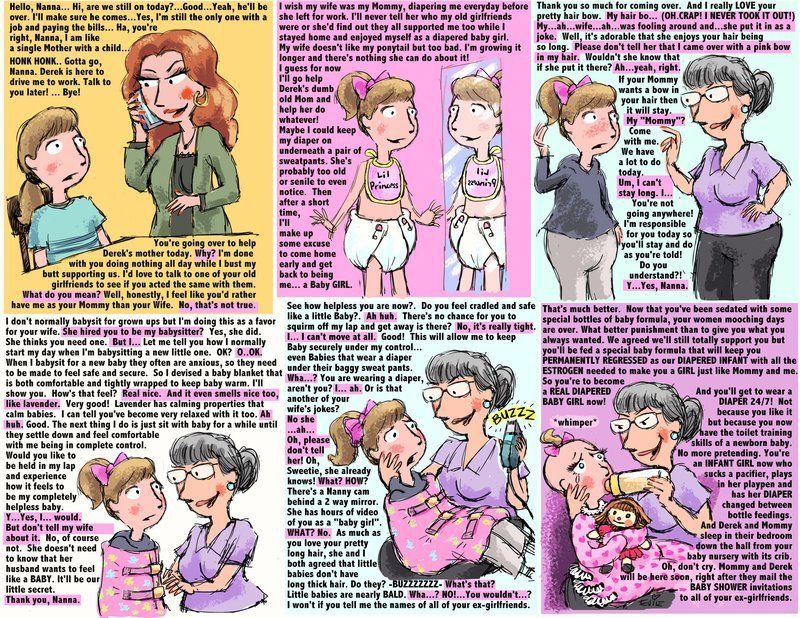 Confronting the narcissist does no good. You have to release yourself from your confusion and see the envy for what it is. To do so, you must recognize your own goodness and strength. Don’t be spiteful or revengeful; that destroys you. The envy that is thrown your way does not belong to you. It is a part of the parent’s disorder. “Envy comes from people’s ignorance of, or lack of belief in, their own gifts.” (Jean Vanier) You don’t have to take it on.
Confronting the narcissist does no good. You have to release yourself from your confusion and see the envy for what it is. To do so, you must recognize your own goodness and strength. Don’t be spiteful or revengeful; that destroys you. The envy that is thrown your way does not belong to you. It is a part of the parent’s disorder. “Envy comes from people’s ignorance of, or lack of belief in, their own gifts.” (Jean Vanier) You don’t have to take it on.
Your recovery process allows you to individuate so that you are no longer defined by anyone but yourself. Using self-compassion, self-understanding, and working your recovery is worth the time and energy. Creating your own exciting and significant life is gratifying and the more you tune into the woman you were meant to be, the better it feels.
Why It Happens and How to Cope
By Fiona Thomas on June 13, 2019
“Jealousy in romance is like salt in food. A little can enhance the savor, but too much can spoil the pleasure and, under certain circumstances, can be life-threatening. ”
”
These words, written by Maya Angelou, capture the tricky nature of jealousy. It’s a concept most often associated with romantic relationships — but what happens when jealousy is part of other key relationships? How does it impact our ability to make them work in the long run?
With a jealous partner, there’s the option to cut your losses and leave. As painful and drawn out as that solution might be, the option is there. But in other relationships, a solution may not be quite so obvious.
I recently began to notice — through a series of late-night chats and WhatsApp texts with my female friends — that jealousy can crop up in the most unlikely of places, even in a partnership that feels impossible to break. Like that between mothers and daughters.
The mother-daughter bond is powerful and the women I spoke with talked about their mothers as the kindest people in the world. One spoke of her mom’s ability to instinctively know when something is wrong, even though they live hundreds of miles apart.
Another told heartwarming stories of mother-daughter shopping days as a teen — an age when most of her angst-ridden friends wouldn’t be caught dead at the mall with a parent.
But for many of these women, adulthood brought a new dynamic to the relationship.
I spoke to a 35-year-old freelance copywriter named Kay who says she’s seen flashes of jealousy in her own mother in response to her success. “I was published on a well-known women’s website and I was over the moon, but when I told my mom, she totally shot me down and made my achievement feel like nothing. She said that being published on a website wasn’t the same as being in a magazine, and her whole demeanor came across as really catty.”
At first, Kay thought this was because her mother didn’t understand her industry, but over time she says it has become clear that there is some friction when it comes to celebrating achievements, especially related to her career.
“It’s like she’s jealous of what I’ve got, and she doesn’t want to let me enjoy it. I don’t really understand it and it makes me feel very sad,” says Kay.
I don’t really understand it and it makes me feel very sad,” says Kay.
Psychologist Hayden Finch, PhD, says the bond between mother and daughter is one of the most important — when it wavers, it can cause real emotional distress.
“Daughters often look to their mothers as role models and understandably want their mothers’ support and approval. When their mothers are unable to provide that support and approval, daughters can experience feelings of emptiness or anxiety.”
The optimist in me likes to think that this tension may merely be a result of a generational shift in social norms, with the proportion of working women with college degrees jumping from 11 percent in 1970 to almost 40 percent in 2010.
Additionally, the type of vocations available to female workers has broadened with professional and managerial roles becoming more common. Most notably, in 2011, more than 1 in 3 lawyers was a woman compared to fewer than 1 in 10 in 1974.
It’s certainly plausible that a mother who’s been granted fewer opportunities might feel something similar to jealousy as she watches her daughter succeed in a way that was unthinkable 40 years ago.
Psychotherapist Paula Coles says when we place parenting relationships within these social constraints, it’s not surprising that women may at times be challenged to feel good about themselves, and may have complicated feelings about their lives after having children.
She argues though, that jealousy isn’t always an accurate perception of what’s going on inside. “What can often be interpreted as envy by others can also be a misinterpretation of a mother’s feelings,” says Coles. “Rather than resenting a daughter’s success, she may well be overwhelmed by a profound feeling of concern motivated by intensely loving feelings.”
But for a small percentage of mothers, this feeling runs deep and does not come from a loving place. Broadly speaking, when a mother exhibits jealousy toward one or more of her offspring, she falls within the signifier of being a “narcissistic mother.”
Senior therapist Sally Baker elaborates. “This is when a mother puts her own emotional needs above those of her children. It generally starts when the child is young, and growing up in a household headed by a narcissistic mother can be very damaging to a child’s development.”
It generally starts when the child is young, and growing up in a household headed by a narcissistic mother can be very damaging to a child’s development.”
I spoke to Claire who told me that jealousy was a common theme in the relationship she had with her mother as a teenager, to the point where she felt emotionally blackmailed into not applying to certain universities because her mother claimed that they were “too prestigious.”
She would also do seemingly minor things like purposely change plans at the last minute, forcing Claire to leave the house with wet hair and old clothes on whilst she emerged dressed-up to impress onlookers.
Claire recalls one particular occasion when her mother rushed her out to a restaurant without a moment’s warning. “She then proceeded to tell the waiter that she had no idea how I could eat so much and that her thighs were much thinner than mine,” she says.
It took Claire years to realize that not only was this kind of behavior abnormal, but she was under no obligation to tolerate it.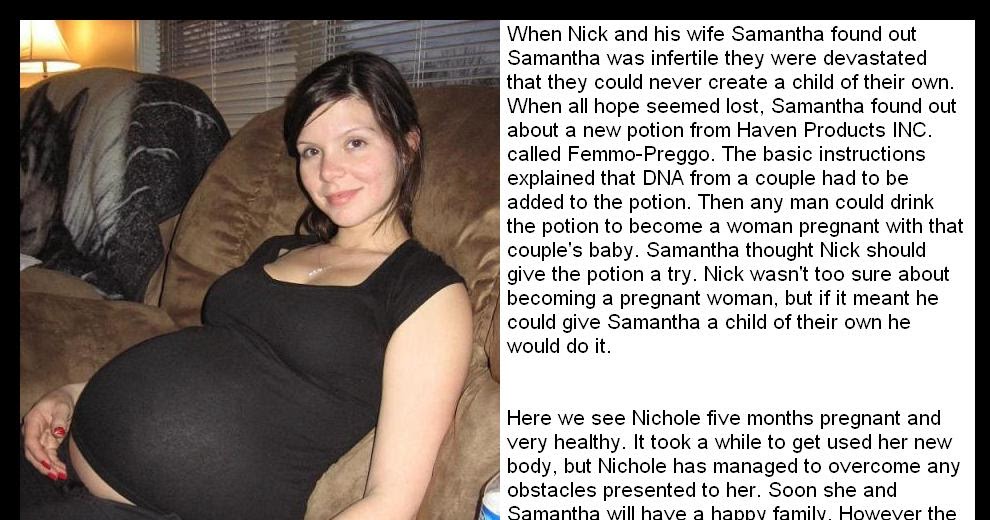 She has since cut off contact and is getting treatment for complex post-traumatic stress disorder.
She has since cut off contact and is getting treatment for complex post-traumatic stress disorder.
She has also experienced mental health problems including obsessive-compulsive disorder, eating disorders, depression, and anxiety — but has come to terms with her mother’s part in all of it. She also acknowledges, however, that her mother was a victim herself.
“She had a miserable childhood and was made to look after her four brothers while her mum pursued various lovers. Her dad was abusive and absent, and her mum told her she was a child of rape. She was made to work in a factory and hand over a lot of her earnings to my grandma, and I think over the years, her thwarted hopes became exaggerated and distorted into a horrible kind of fairy tale.”
Cases such as this are devastating, but thankfully these are significantly rarer than the millions of supportive mothers who have proud and nurturing relationships with their successful daughters.
For those like Kay or Claire who feel weighed down or damaged by maternal jealousy, coping can be difficult and healing can take years.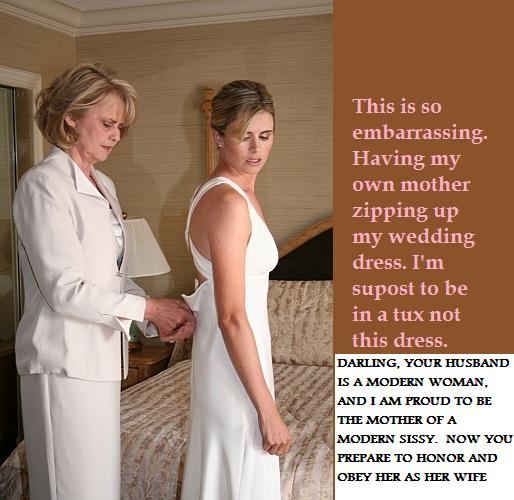
It’s important to first understand that it isn’t your fault. It can also help to talk things through with a qualified therapist, especially if there are issues that go back to childhood. “Daughters can get stuck in a bind between feeling shame for not meeting their mothers’ expectations and feeling shame for not going after their dreams,” says Finch.
In the end, parent-child relationships can be complicated. And so can jealousy, whether it’s coming from a parent or a partner. Either way, don’t let the jealousy of a loved one hold you back from finding and celebrating your own success. You deserve every bit of it!
Fiona Thomas is an author and freelance writer talking about mental health. Her book “Depression in a Digital Age” traces her life dealing with depression and anxiety and the subsequent depression, and how a digital life helped her find a community to support her recovery. Visit her blog.
Daughter and mother: separation is difficult but necessary!
321,366
A person among people
To tell about her painful relationship with her mother, 40-year-old Katerina writes the book “Mom, don't read! Confessions of an "ungrateful" daughter. In it, she lists in detail her childhood and adult attempts to earn maternal love, each time unsuccessful. She does not write for her mother - this is how she tries to get rid of the pain, which "has stretched out for many years and has not subsided so far" ...
In it, she lists in detail her childhood and adult attempts to earn maternal love, each time unsuccessful. She does not write for her mother - this is how she tries to get rid of the pain, which "has stretched out for many years and has not subsided so far" ...
Natalia is 36 years old and considers her mother her best friend. “We often call each other, go shopping together, and every weekend I come to her with my children. We are very close,” she shares. And after a pause, he admits that the visits are not entirely voluntary. It is worth missing at least one, and she feels guilty. As in her youth, when her mother reproached her for selfishness, constantly reminding her of what she sacrificed in life while raising her “ungrateful daughter”... by forgiving her, nor freed from dependence and guilt. In other words, they never truly matured. Why is it so difficult?
“The relationship between mother and daughter is unique,” says psychotherapist Ekaterina Mikhailova. “They always have guilt and forgiveness, affection and rebellion, incomparable sweetness and incomparable pain, the inevitable similarity and its furious denial, the first and main experience of our “together” - and the first attempt to still be separately. ..
..
Competition. Struggle. Fear. A piercing need for attention, for approval. Horror before the power of this need. Love, sometimes manifesting itself in murderous, suffocating forms. The first experience of submission to power, "superior enemy forces" - and the very first experience of one's power over another person. Jealousy. Unspoken grievances. Expressed grievances. And above all this is the uniqueness of these relations. The other one won't."
Merge in order to separate later
In early childhood, almost complete merging with the mother is necessary for the child in order to survive. “The sense of security that arises from such a symbiosis helps him grow, mature and gradually begin an independent life,” says psychoanalyst Elina Zimina. “But if there was no such closeness, the desire to merge with the mother, to feel her unconditional love, may remain the most important, the main one.”
That is why so many adults look at the world through their mother's eyes, act as she would have done, hope for her approval and appreciation.
For a girl, a mother is a perfect omnipotent being of the same sex as her. It is later, from about three to six years old, that she begins to compete with her for her father's love. It is easier for girls to distance themselves from their mother compared to boys, for whom the mother becomes the “object of love”. But if this does not happen, the merger can turn into dependence: they see only similarities in each other, but do not notice differences.
An adult who continues to struggle with his parents most likely never separated from them
Staying in a close relationship with her mother, the girl stops growing up, because she does not feel like a separate person. And only by moving away, you can find differences: “how am I different from her?”, “What am I?”, “Who am I as a woman?”. By holding her daughter near her, the mother prevents her from finding answers to these questions.
“Gradual separation, separation from parents, creates within us the mental space necessary to feel our own characteristics and desires, including our femininity,” explains Elina Zimina. “It is the ability to distinguish between what belongs to me and what belongs to another.”
“It is the ability to distinguish between what belongs to me and what belongs to another.”
You can compare yourself with someone who is on equal or almost equal positions with us. However, for a child, a mother is a creature devoid of flaws. To see a real woman in her, you have to overthrow her from an imaginary pedestal. It is enough to recall the intensity of passions between adolescents and parents to understand how painful this deidealization is.
“When a teenager sees real people in his parents, the degree of hostility usually decreases,” says the psychoanalyst. “And an adult who continues to fight with his parents most likely never separated from them.”
But the separation does not end there either, and a girl who becomes a woman, a mother, has to establish a new distance with her own mother every time.
The third is not superfluous
Contradictions and conflicts, overt or hidden, are always present in the relationship between mother and daughter. “A mother can painfully experience the loss of her daughter’s unconditional love when, in the oedipal phase of development, she transfers her love to her father,” explains Elina Zimina. - Unlike girls, a boy at this age continues to love his mother. Therefore, in the relationship of mothers with sons, there are fewer conflicts and more harmony. And in the relationship of mother and daughter, there can be more conflicting feelings: in addition to love, they contain jealousy, envy and rivalry.
“A mother can painfully experience the loss of her daughter’s unconditional love when, in the oedipal phase of development, she transfers her love to her father,” explains Elina Zimina. - Unlike girls, a boy at this age continues to love his mother. Therefore, in the relationship of mothers with sons, there are fewer conflicts and more harmony. And in the relationship of mother and daughter, there can be more conflicting feelings: in addition to love, they contain jealousy, envy and rivalry.
Both poles of maternal love are equally dangerous for a daughter: her lack and excess
In this connection, the image of that little girl who once was her mother clearly shines through. This image brings her back to memories of her own childhood, her relationship with her own mother, the experience of love and pain.
Both poles of maternal love, its deficiency and excess, are equally dangerous for a daughter. But the relationship of mother and daughter is not a relationship of two, but always of three people.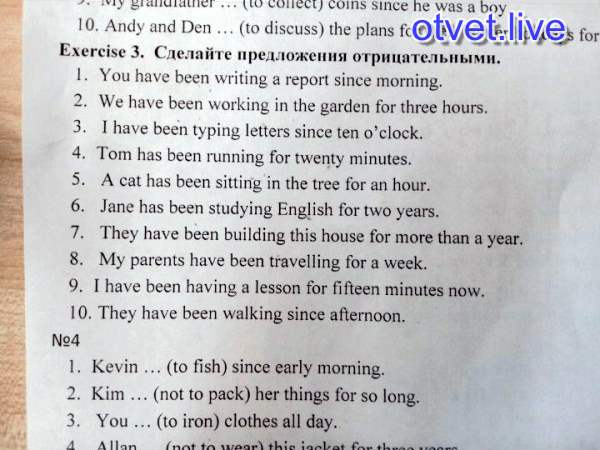 “The father separates them and tells his daughter: “I am your mother’s husband and lover,” explains Elina Zimina. “At the same time, he supports his daughter, admiring her femininity, and makes it clear that later she will meet a man who will give her the desired love.”
“The father separates them and tells his daughter: “I am your mother’s husband and lover,” explains Elina Zimina. “At the same time, he supports his daughter, admiring her femininity, and makes it clear that later she will meet a man who will give her the desired love.”
The third person who helps mother and daughter separate from each other may not be only the father or the mother's partner. An idea, a passion, a job is something that can completely capture a woman’s thoughts so that for this time she forgets about the child, feels “separated” from him.
Of course, a psychotherapist can also play this role. “With one“ but ”, which is often not taken into account in dreams and plans,” Ekaterina Mikhailova insists. “Any third person is a temporary figure: having fulfilled his role, he must fade into the background, making room for the development of relations.”
Far and near
Where is the boundary between a good, trusting relationship and complete dependence on the wishes and moods of the mother? It is not always easy to find the answer to this question.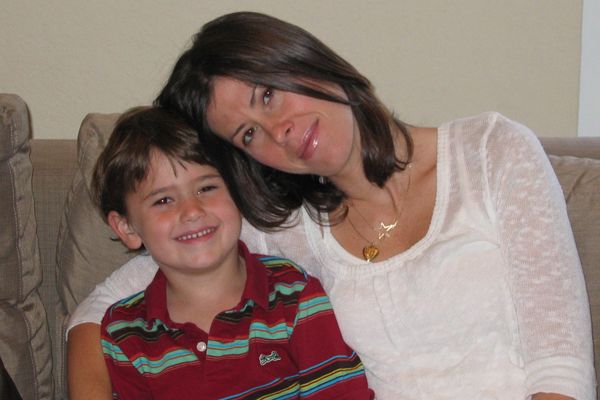 Especially now, when a friendly relationship with the mother ("mother-girlfriend") is becoming the ideal of many women. But often they hide the lack of distance, the very “uncut umbilical cord”.
Especially now, when a friendly relationship with the mother ("mother-girlfriend") is becoming the ideal of many women. But often they hide the lack of distance, the very “uncut umbilical cord”.
Daily calls, requests for advice, intimate details - this is how it looks in life. But constant conflicts, and even a gap between mother and daughter, do not mean that there is no emotional connection between them. Distance is also not an indicator. “A daughter can be extremely dependent on her mother, despite the fact that they are separated by thousands of kilometers, or live with her in the same house and be independent,” says Elina Zimina.
A woman's natural desire to become independent can be hindered by her mother's desire to keep her close to her, often unconsciously. “Sometimes she perceives the separation of the child as evidence that he no longer loves her and leaves her - perhaps this is due to her own experience of sudden separation,” Elina Zimina gives an example. - She may not be sure of her own femininity and be jealous of her daughter's beauty. Or consider himself entitled to manage her life, because he sees his continuation in it. A single woman can look for a “substitute” husband or her own mother in a child.
Or consider himself entitled to manage her life, because he sees his continuation in it. A single woman can look for a “substitute” husband or her own mother in a child.
If parents allow their children to be free, but are ready to support if necessary, then the separation will take place peacefully
In response, the daughter manifests anxiety - fear of losing her mother's love, self-doubt, fear of men ... Some mothers want to keep their daughter at any cost, others, on the contrary, they strive to “get rid of” it as quickly as possible. At the first teenage attempts to declare independence, they say: “well, you are completely free and independent, you can live as you want.”
But behind this lies rejection. “Adult children also need support,” says Elina Zimina. “And if parents allow them to be free, but are ready to support if necessary, then the separation is likely to pass peacefully and good relations will continue.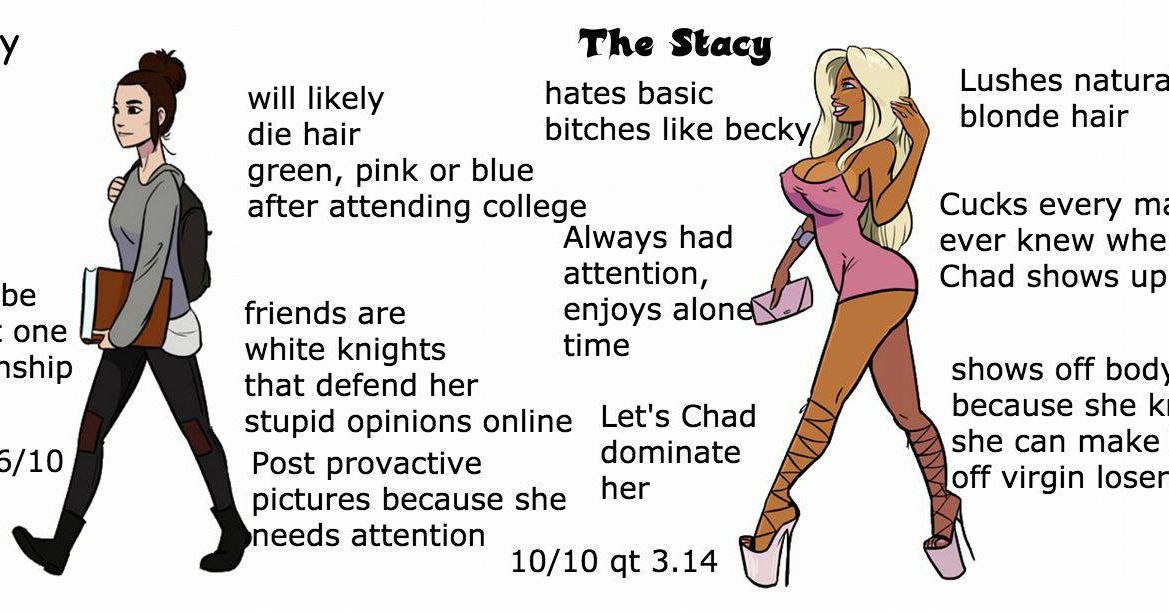 ”
”
The path to freedom
True independence comes when a woman critically evaluates her mother's attitudes, behaviors, and life scenarios. It is impossible to completely abandon them, because in this way she will be isolated from her own femininity. But to accept them entirely means that she, having remained a copy of her mother, will never become herself.
“Usually, those who manage to unilaterally “withdraw claims” and stop nourishing painful relationships with their hopes, grievances, or playing the role of an ideal mother or daughter, usually manage to move towards a seemingly desired, but still not advancing independence,” says Ekaterina Mikhailova . Too close relationship is mutual. Often it just seems that “mom won’t let go” - both are not ready to move into a new phase of the relationship, but the responsibility for this is usually assigned to the older one.
If we really want changes, we need to start with a few tough questions to ourselves, Ekaterina Mikhailova advises: “What am I hiding from myself, explaining all the problems of my life with pressure, influence, interference and the need to take care of one or the other? Maybe it's me who fills the emotional void with the game of fighting for independence?
Maybe the world behind me scares me so much that it's easier for me to stay in a strange mixture of duel, dance and embrace with that other woman? What do I hope for, continuing to sort things out, reconcile, quarrel, reproach - or pamper and please? Maybe, in the depths of my soul, I still believe that it will be possible to prove something, that “she” will agree, accept, approve . .. "
.. "
How do we know if we have really managed to become independent and have broken the mother's umbilical cord? This is so if we are no longer torn apart by conflicting feelings, no longer tormented by internal conflicts. If we ourselves regulate the degree of trust and distance in relations with the mother, without feeling guilty. We can objectively assess what we are similar and what are different from each other. And finally, if we feel that we are connected with the mother in certain bonds, but not tightly attached to her.
As adults, we begin to build relationships with mothers in a new way. However, with some of them, this is especially difficult to do. Psychologist Susan Cohen and journalist Edward Cohen list 10 common types.
- Narcissistic . She dreams of seeing in her daughter a pretty doll who would think only of her mother.
- Supervisory . She has a rule for every occasion. And every time she tells her daughter that she did not fulfill it.
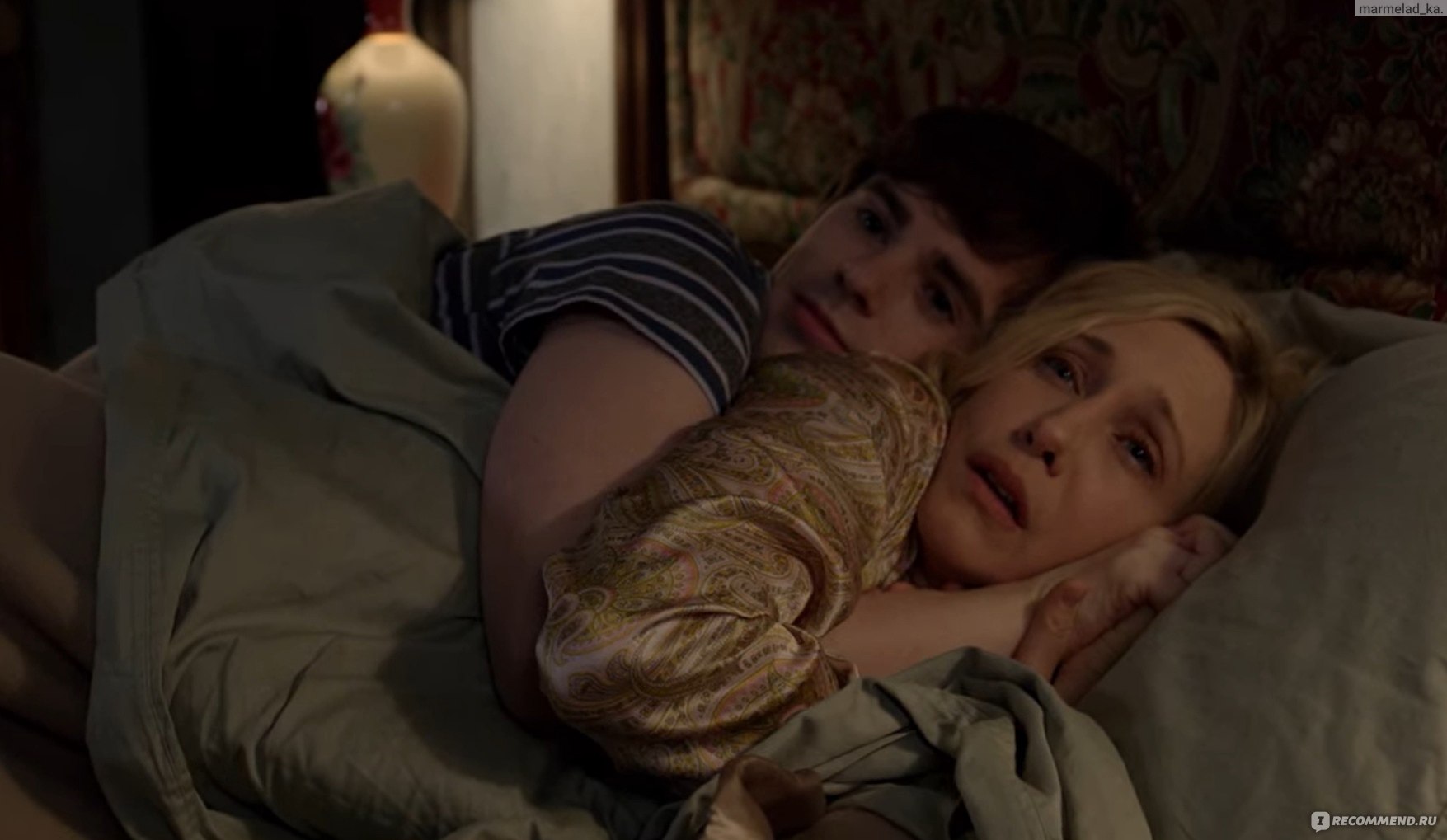
- Opinion dependent . He worries about what the neighbors will think - even when his daughter has long grown up and left the city.
- Seductive . Always dressed in fashion, too short, too tight. She flirts with any man she meets, including her daughter's friends.
- Choke . Helps even when the kids don't need it.
- Borderless . Takes the successes and failures of his child very close, too close to his heart...
- Critical . Reproaches everything that the daughter (not) does, as well as what she dreams about.
- Closing eyes . Thinks things aren't going so badly, even when things can't get any worse.
- Omniscient . She had long ago done everything that her daughter hoped to do someday, and much better than she did.
- Accusing . Always dissatisfied, but waiting for the children to put their lives in order to satisfy her desires and dreams.
Text: Anna Fateeva Photo source: Getty Images
New on the site
How to understand if you are a deep person — comment of a gestalt therapist : how to make the right choice
"I felt like I was raped": what is obstetric violence and why does it happen.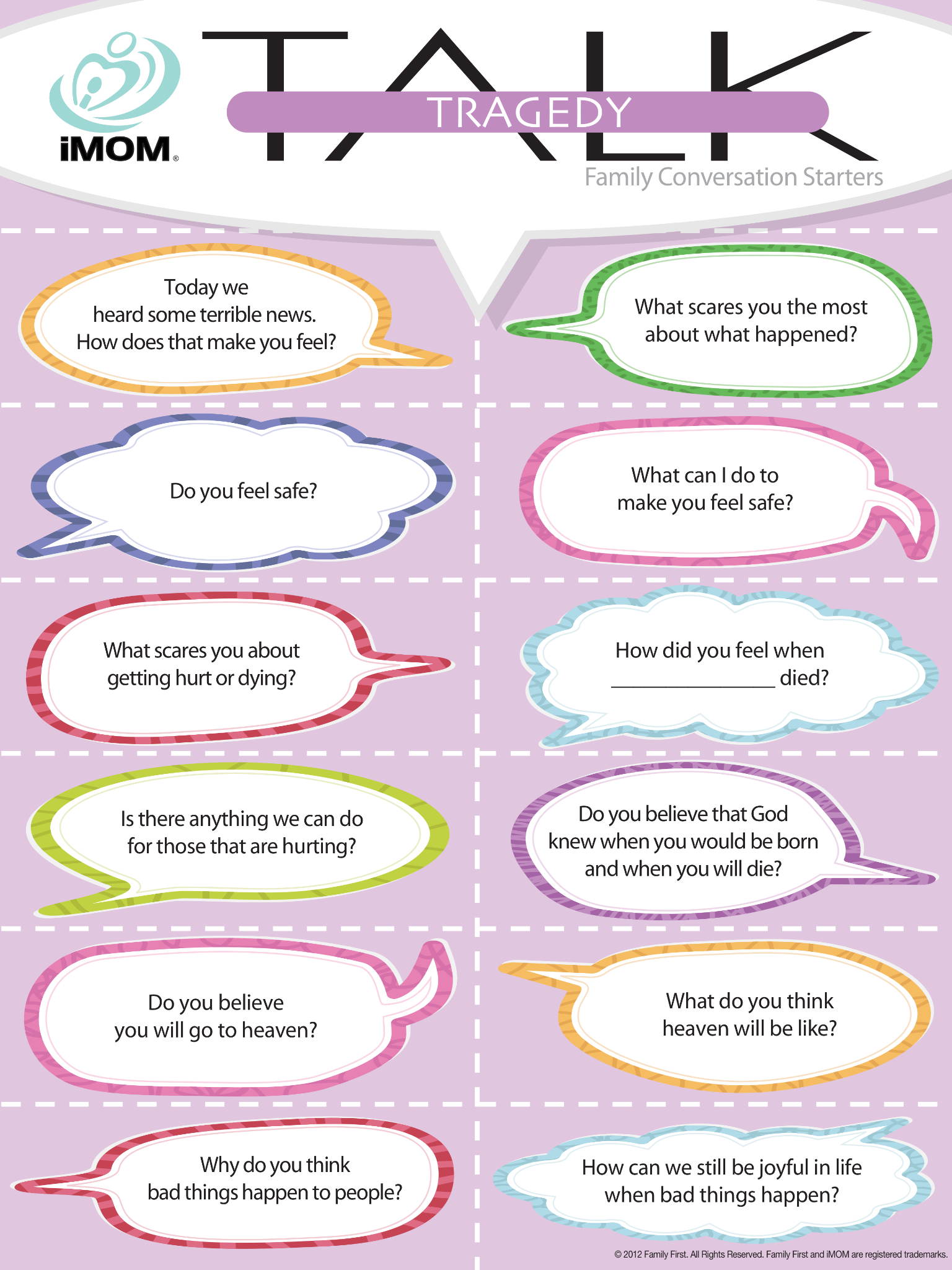 Part 1: Pregnancy0003
Part 1: Pregnancy0003
“Panic attacks have stopped, but the fear of death has not disappeared”
“My husband has filed for divorce, but he is not going to leave and sleeps in my bed. How to be?
What men lie about: scientists figured out all the exaggerations
Chapter 15 Jealous mothers . Daughters-mothers. 3rd extra?
“Do you know how often, when Octave told me all these thousands of trifles, which cost nothing, but are the most important in life, I saw that his fingers were stroking my daughter’s hair, and I had to struggle with all my might with myself myself, otherwise I would just have to kill her.” ("All they have left" Jules Barbet d'Aureville. (1883)
Despite the fact that the jealousy of children towards parents is one of the most common and best studied phenomena in clinical practice and psychoanalytic theory, the jealousy of parents towards the child was practically not considered by them. The Oedipus complex, which reflects the attraction for the child of a parent of the opposite sex, and, accordingly, his jealousy for a parent of the same sex, is one of the main discoveries of Sigmund Freud - one of many that have changed our understanding of the child's psyche. Nowadays, parents, confident in the universal nature of jealousy and the inevitability of its appearance in any family, are ready to see its signs in a child, even if they themselves have little idea of what suffering it can cause. Attitude and reaction to manifestations of children's jealousy depend on their own life experience and educational abilities:
Nowadays, parents, confident in the universal nature of jealousy and the inevitability of its appearance in any family, are ready to see its signs in a child, even if they themselves have little idea of what suffering it can cause. Attitude and reaction to manifestations of children's jealousy depend on their own life experience and educational abilities:
some, noticing her, rush to shame the child; others deny its very possibility, completely forgetting that once in childhood they themselves experienced similar jealousy. The wisest parents are able to support the child in this test without mocking or humiliating him. This is what is called "to be above jealousy", which is quite rare, judging by the destructive effect of jealousy on the life of an adult (D. Dalloz wrote about this in detail in the book "Jealousy, 1999").
A little girl's jealousy of her mother may be constant, although it may manifest itself in varying degrees of intensity and in various forms. Is there an opposite phenomenon, that is, a mother's jealousy of her daughter? One might doubt this; numerous psychoanalysts deny it. While there are many clinical studies of child jealousy, there are few or almost none on parental jealousy, since before such a study could be done, one would have to admit that this form of jealousy exists. Otherwise, this study would lose the status of a clinical study, therefore, this type of jealousy should not exist, which means that it does not exist ... And yet!
While there are many clinical studies of child jealousy, there are few or almost none on parental jealousy, since before such a study could be done, one would have to admit that this form of jealousy exists. Otherwise, this study would lose the status of a clinical study, therefore, this type of jealousy should not exist, which means that it does not exist ... And yet!
And yet, in works of art, we find a lot of confirmation of the existence of maternal jealousy, as well as many other feelings that civilization prescribes for us to control, keep in ourselves, suppress and even deny. In the example given at the beginning of the chapter, the jealousy of Isolde, "a woman more than a mother," for her little daughter Camilla manifests itself from the girl's earliest childhood, when her father, who adored her mother, was still alive. Female rivalry in its classical form - due to the common "property" - of a man (mother's husband and daughter's father), sometimes manifests itself very early. Little girls, even at their oedipal age, are not the only ones who may wish their rival dead. It is hard to even imagine how far jealousy can go - to the extent that a mother can wish the death of her daughter, especially if the relationship between a man and a woman manifests itself in a mutually absorbing passion, which, in the words of the psychoanalyst Denis Vass, "finds its main reason in the fact that against whom they unite, that is, in the one who is different in relation to these two - in the third ”(“ Incest and Jealousy ”, 1995).
Little girls, even at their oedipal age, are not the only ones who may wish their rival dead. It is hard to even imagine how far jealousy can go - to the extent that a mother can wish the death of her daughter, especially if the relationship between a man and a woman manifests itself in a mutually absorbing passion, which, in the words of the psychoanalyst Denis Vass, "finds its main reason in the fact that against whom they unite, that is, in the one who is different in relation to these two - in the third ”(“ Incest and Jealousy ”, 1995).
Maternal ambivalence
What can a mother want for her daughter when she brings her into this world, if not all the best - beauty, health, a clear mind, wealth, etc.? These are the very wishes expressed by the good fairies invited to the cradle of the Sleeping Beauty. But the old witch (evil fairy) also roams around, languishing with anger because she was not invited to the holiday, it is she who casts a spell: a mysterious prediction about a finger pricked on a spindle when her daughter grows up and will prepare for marriage; drops of blood that will come out on the body of a young virgin; a deep sleep that may last so long that there will be no one left to be present at the triumphant awakening of her femininity.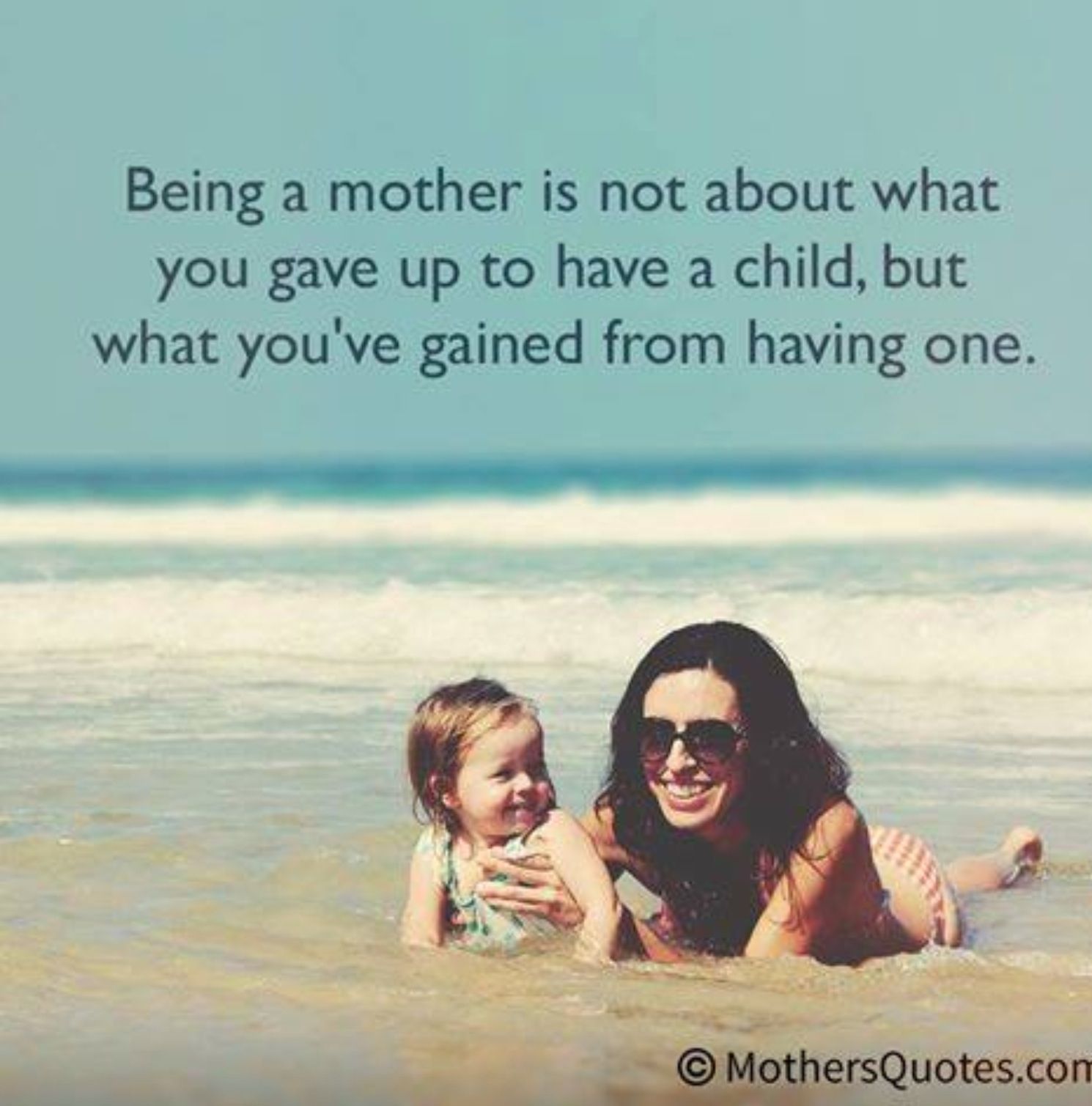
Good fairies, evil fairies. Good mothers, bad mothers. In fairy tales, all these fairies represent absent mothers, or those who cannot be directly named. Do not the fairies surrounding the cradle symbolize the opposite hypostases of a mother who has lost her head from love and is completely focused on the little girl she has just brought into the world? Completely or almost completely, because in the most secluded corner of her loving maternal heart there can be hidden a small nasty desire - that she, the other, even if she is flesh of her flesh, would still be only her and the same as she . It is in the image of the old witch, existing to a greater or lesser extent in every woman, that maternal ambivalence is manifested in relation to her own daughter. And who knows, wishing her own daughter only good things and so many good things, she still, perhaps, secretly wishes her very little, but evil? ..
Emotional ambivalence, and today it is already widely known, is the basis of any human relationship. If we voluntarily accept that the image of the mother is perceived by the daughter ambivalently, then the corresponding perception in the mother is not recognized with the same ease (See the works of J. Boutonnier and H. Deutsch on this). They simply try not to notice it, not to name it and not to recognize it, so as not to “jinx it”, fearing the bad consequences of dark feelings, which, however, have every right to exist, even if they greatly disturb the one or the one who experiences them. The old witch, after all, has every right to wish the little princess everything she wants, as long as she does not go from divination to the fulfillment of her deadly wishes, because enough good fairies gather around the cradle to ensure the baby's future. Wouldn't it be better if the witch wasn't seen there, as if she really wasn't invited to the party? After all, that's what she's going to avenge.
If we voluntarily accept that the image of the mother is perceived by the daughter ambivalently, then the corresponding perception in the mother is not recognized with the same ease (See the works of J. Boutonnier and H. Deutsch on this). They simply try not to notice it, not to name it and not to recognize it, so as not to “jinx it”, fearing the bad consequences of dark feelings, which, however, have every right to exist, even if they greatly disturb the one or the one who experiences them. The old witch, after all, has every right to wish the little princess everything she wants, as long as she does not go from divination to the fulfillment of her deadly wishes, because enough good fairies gather around the cradle to ensure the baby's future. Wouldn't it be better if the witch wasn't seen there, as if she really wasn't invited to the party? After all, that's what she's going to avenge.
Mothers of the narcissistic type
If anyone still doubts the existence of jealousy in mothers, the very existence of fairy tales perfectly confirms its universality. So, for example, the tale of Snow White reminds us that women of a narcissistic type, unable to come to terms with their aging and external withering, perceive their daughter, especially the youngest, as a threat to their image, which they value more than anything else. They build their entire identity on its basis (B. Bettelheim, "Psychoanalysis of fairy tales"). And such jealousy manifests itself specifically in relations with daughters, since it is daughters who have potential femininity.
So, for example, the tale of Snow White reminds us that women of a narcissistic type, unable to come to terms with their aging and external withering, perceive their daughter, especially the youngest, as a threat to their image, which they value more than anything else. They build their entire identity on its basis (B. Bettelheim, "Psychoanalysis of fairy tales"). And such jealousy manifests itself specifically in relations with daughters, since it is daughters who have potential femininity.
Snow White's stepmother experiences destructive, all-consuming jealousy for her stepdaughter. Having married the king - a widower, the father of Snow White, she becomes the queen, and the magic mirror - her first and main subject. She interrogates him periodically about her absolute superiority: “Mirror, pretty mirror, tell me who is the most beautiful woman in my kingdom?” All goes well as long as the mirror does its job well and supports her narcissism: "You are the most beautiful in our country, ma'am.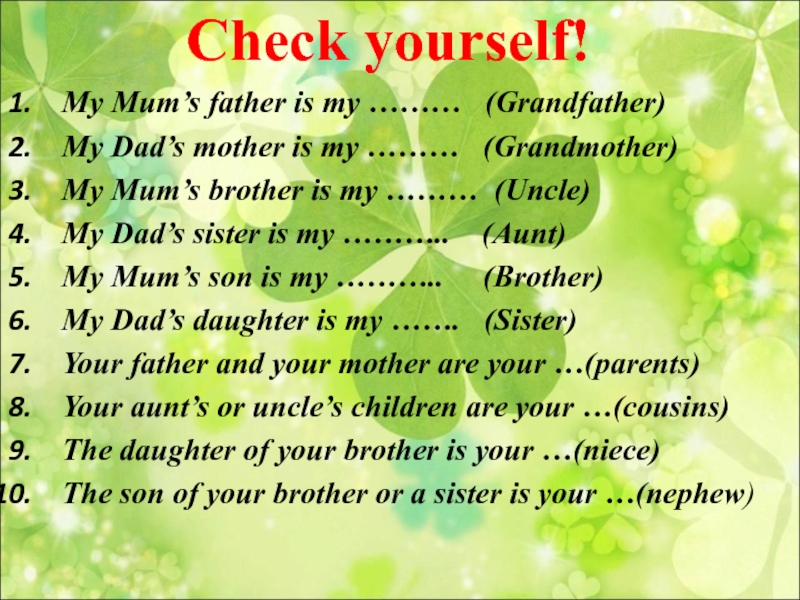 "
"
But one day disaster strikes: "Queen, you are the most beautiful, but Snow White is a thousand times more beautiful than you." The assertion of her superiority evokes in the queen feelings as cruel, as infantile: "Haughtiness woke up in her heart along with jealousy, and began to grow like weeds, giving her neither sleep nor rest, and tormenting her day and night."
Although Snow White is only seven years old, jealousy is not going to wait for her puberty, it manifests itself openly at that age of the stepdaughter, which is called "reasonable" - it is at this age that the girls themselves come to the conclusion that their mother is not really the most beautiful woman in the world (this fact led Bruno Bettelheim to the idea that it was the voice of a little girl that voiced the mirror). However, it is not at all obvious that the attractiveness of a seven-year-old girl threatens the femininity and seductiveness of the mother. Isn't it rather, as in the case described in All They Have, an advantage of the daughter in the eyes of the father, which is also disputed? In the tale, the king is notable for his absence, which is what makes him so significant in the rivalry between his wife and daughter. It may be that some mothers whose relationship remains based on the seduction of childishness they discovered at the age of seven become jealous of their own daughters when they reach the age of open rivalry, not because of external beauty, but because of places next to a man?
It may be that some mothers whose relationship remains based on the seduction of childishness they discovered at the age of seven become jealous of their own daughters when they reach the age of open rivalry, not because of external beauty, but because of places next to a man?
The Queen goes into action. She calls on the hunter: “You must take the girl and take her to the thicket, I don’t want to see her around anymore. There you will kill her and bring me her liver and lungs as proof.” According to Bruno Bettelheim, the hunter is an unconscious representation of the father; he is unable to refuse and disobey the queen, but he leaves the girl's life, killing a deer instead. The jealousy of the queen who does not know about this does not subside: can she count on the only place next to the king that does not need to be challenged by her daughter?
Snow White is known to have been warmly welcomed by her new family of seven dwarfs. Deprived of sexuality, but capable of initiating the mastery of feminine wisdom, they can allow the girl to grow up beyond the reach of maternal persecution. The queen, however, did not lay down her arms, she appears three more times, disguised as an "old tramp" and an old woman, and tries to realize her death threats. She tries to entice Snow White, who has become a teenager, using the attributes of femininity: "a beautiful braid woven from tricolor silk", with which the queen tries to strangle her; a poisoned comb, and then a beautiful apple, poisoned on only one side, acting as a symbol of the manifestation of their common sexual desire.
The queen, however, did not lay down her arms, she appears three more times, disguised as an "old tramp" and an old woman, and tries to realize her death threats. She tries to entice Snow White, who has become a teenager, using the attributes of femininity: "a beautiful braid woven from tricolor silk", with which the queen tries to strangle her; a poisoned comb, and then a beautiful apple, poisoned on only one side, acting as a symbol of the manifestation of their common sexual desire.
Thus the deadly jealousy of the mother is dangerously disguised as female initiation, which her daughter quite justifiably desires, and exactly what she expects from her mother. But this promise of femininity turns into a murder attempt for a jealous mother - it serves as her weapon against her daughter and brings her death. Thus, mothers of the narcissistic type, instead of projecting their own narcissistic aspirations onto their daughter and rejoicing in her successes, get rid of the one that they elevated to the rank of a rival.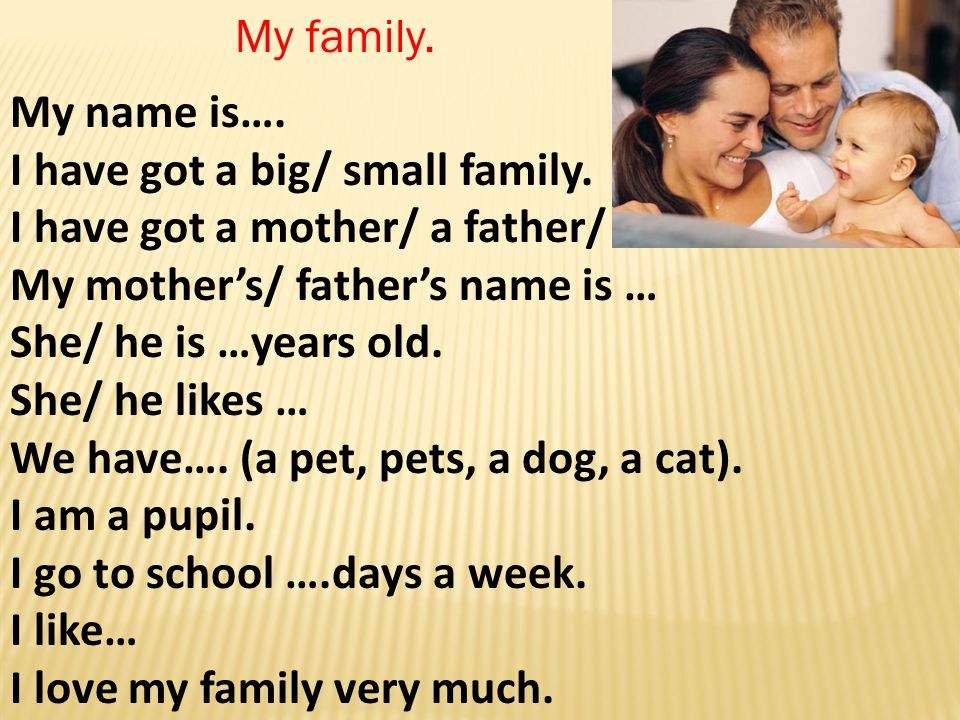
We repeat: according to Bruno Bettelheim, this is not about the mother's real jealousy of her daughter, but about the projection of the daughter's jealousy of the mother: projects own feelings onto him/her. "I am jealous of my mother's privileges and prerogatives" turns into a painful thought: "My mother is jealous of me." Feelings of subordination, self-defense are reborn into a sense of superiority ”(B. Bettelheim). So, we have come to the original scheme and the well-known theory of the Oedipus complex: "only a child can be jealous of his parents, and jealous mothers exist only in the imagination of overly dreamy girls."
It is rather strange, however, that the definition of projection, which is ubiquitous in psychoanalytic statements, is always applied to children's emotions and affects - anxieties, fears, desires, jealousy... And almost never to parental ones. Such one-sidedness in interpretations inevitably leads to exaggerations and justifications of parents, as if they cannot act out of malicious intent, and malefactors are only in the fantasies of the child (now it becomes clear why denial is so widespread, in which pedophilia draws its justifications). Alice Miller convincingly argues that the point of the psychoanalyst's activity has long been to defend the parents against any possible accusation, or rather to defend both the analyst and the analysand, from the guilt that inevitably arises as soon as the parental infallibility. But the point is not only that the dogma, which has long become commonplace, claims to be the truth and is clothed in a scientific form, but that the topic of ingratitude and anger has always been exaggerated in relation to children, simultaneously with a ban on its application to parents: It seems quite certain that the emotional flow moves from parents to children without difficulty, but the way back seems much more problematic” (Elizabeth Badinter, “More Than Love”).
Alice Miller convincingly argues that the point of the psychoanalyst's activity has long been to defend the parents against any possible accusation, or rather to defend both the analyst and the analysand, from the guilt that inevitably arises as soon as the parental infallibility. But the point is not only that the dogma, which has long become commonplace, claims to be the truth and is clothed in a scientific form, but that the topic of ingratitude and anger has always been exaggerated in relation to children, simultaneously with a ban on its application to parents: It seems quite certain that the emotional flow moves from parents to children without difficulty, but the way back seems much more problematic” (Elizabeth Badinter, “More Than Love”).
Even Bruno Bettelheim's pen does not resist the opposite point of view for long. He concludes his analysis of Snow White by arguing - without any hint of contradiction with his previous interpretation - that "parents who, following the example of the queen, realize in their actions the jealousy stemming from the Oedipus complex, risk destroying their own child and are doomed to destroy themselves. ". That is, jealous mothers still exist ...
". That is, jealous mothers still exist ...
Stop time
For narcissistic mothers, there is another, less lethal but no less problematic way to evade the danger that daughters pose to them: they "rejuvenate" them to avoid age contrast and comparison with them, thus creating the illusion that the passage of time magically slowed down or stopped altogether. Like the queen in Snow White, Madame Desorme in the novel François the Brokeback by Countess de Segur (nee Rostopchina), resorts to this remedy long before the onset of puberty in Christina, who was born a year after the wedding, when Madame Desorme was twenty-two years old:
“- How you have grown! I'm so happy that I have such a big girl! You look like you're ten years old!
– Yes, and I just turned ten a week ago.
- What nonsense! Are you ten years old? You're only eight!
- No, Mom, I'm already ten.
- How can you know your age better than me? I tell you that you are eight years old, and I forbid you to say anything else. Since I'm only twenty-three, you can't be more than eight years old."
Since I'm only twenty-three, you can't be more than eight years old."
This mode of action may seem outdated today, although it is by no means a thing of the distant past. Women in their 60s still tell with annoyance how mothers forced them to wear baby socks when their girlfriends were already wearing stockings, or refused to buy them a bra, as if their breasts had not yet grown, not allowing their daughters to wear clothes that were appropriate for their age. So their mothers created the illusion that they could stop time. Modern women who refuse to grow old contrive to blur the lines between generations in other ways: they dress their little daughters like grown women, and when they grow up, they themselves begin to dress like eternal teenagers. This is evidenced by the numerous brands of underwear for children, or clothes originally intended for teenagers, which are bought by much older women. As early as the sixties, Helen Deutsch noted these identification substitutions.
From comparison to competition
Others also appear in women's magazines accompanied by their adult daughters, advertising not only the "unisex" and "unigeneration" style, which is difficult to determine whether it is intended to give a more mature look to young women , whether to rejuvenate more mature. It is important, of course, that you can make a mistake.
But who is the judge who should look at them and evaluate these images of equally young and equally beautiful women, whatever their true age? Is it a reader, or rather, an anonymous and indifferent reader, absently turning the pages? But if this look compares and evaluates, if it is the greedy look of a man, a real or potential lover of a mother or daughter? Then the comparison develops into a competition, the game "find ten differences" - or "narcissism of small differences" - becomes serious: it ceases to be a game and turns into rivalry, within the framework of the second type of incest. However, this type of jealousy is “Is she prettier than me?” – between mother and daughter is especially destructive, because it translates into rivalry what should be a passing of the baton.
This is exactly what happens between a very beautiful woman - a mother, Mrs. Martino-Guli from the novel "Disgrace" by Nicole Avril and her eldest daughter Alice, whose beauty develops gradually and, perhaps, will surpass the mother's. The scene that depicts how the daughter's beauty can outshine the mother's, in contrast to Snow White without the mediation of a mirror, takes place before the eyes of a by no means neutral witness, since we are talking about the mother's lover:
“Compared to this skin, open to the sun, wind, waves and therefore very elastic, so tightly fitting every muscle that it was impossible to even think about any shortcomings, Eliza's somewhat excessive tan acquired a slightly withered shade. The beautiful Madame Martineau-Guli instantly felt that her beauty was no longer perfect and the main essence of her existence, that now one glance, for example, the same Vincent, would be enough to transfer her into the category of mere seductive creatures, or, even worse, into the category of women who are said to be "still beautiful".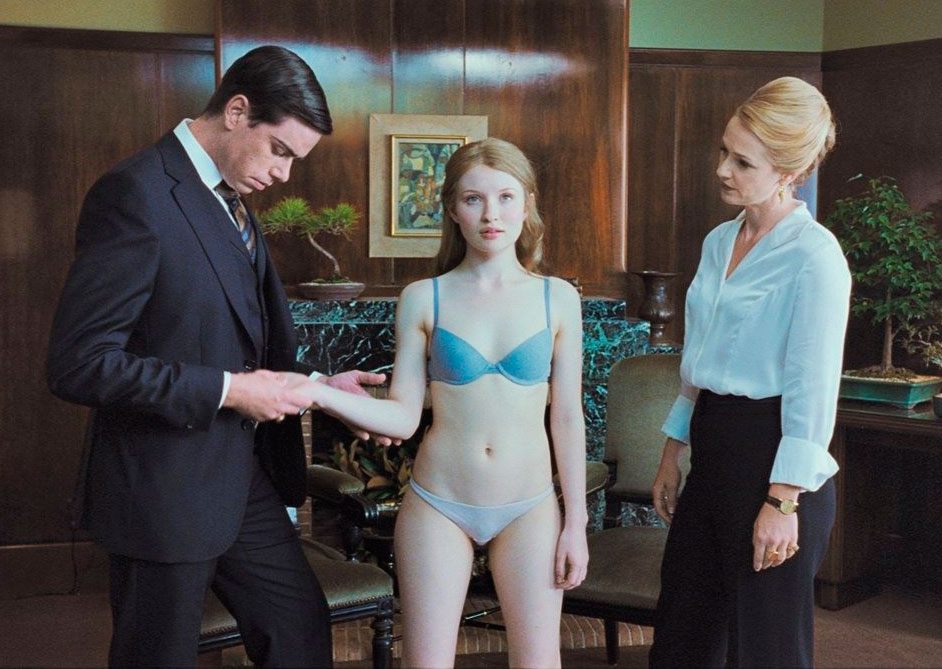 On the Nimean beach, at ten o'clock in the morning, Elisa Martino-Guli ceased to be incomparable.
On the Nimean beach, at ten o'clock in the morning, Elisa Martino-Guli ceased to be incomparable.
Her young lover will eventually defect to her daughter, thus provoking a second type of incest situation. Crushed by this betrayal, unable to compete with her own daughter or to express her jealousy, the mother will commit suicide, provoking an accident, and her husband will also die in this car accident.
From jealousy to envy own superiority, turns into envy and fears that the other has what she herself does not have and will no longer have. A too early or unsatisfied mother who has given up sexuality is highly prone to envy of all other women who, as she thinks, fully realize and enjoy this aspect of life. If this other woman is her own daughter, this envy turns out to be even more hidden, even less expressible than all other types of envy, because it is sexually colored and touches the being closest to her, with whom, on the contrary, one should unite and act. together. A description of the maternal jealousy aroused by the daughter's sexuality is found in Arundhati Roy's novel The God of Small Things (1997).



